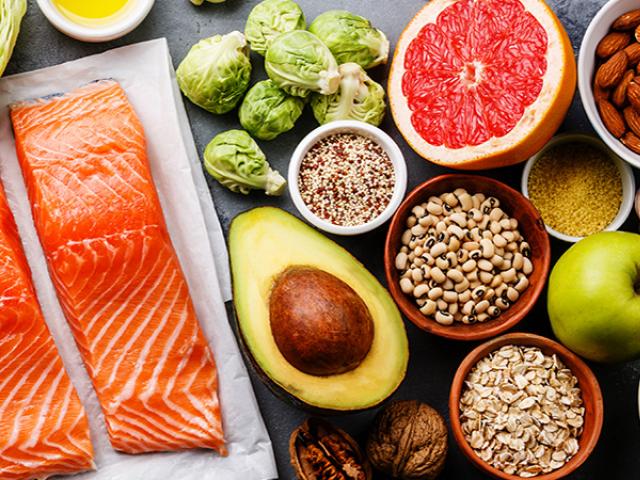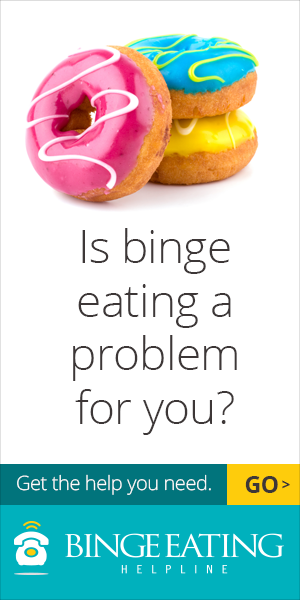Between bikini figure and eating disorder.
Out of the jackets, into the trunks. For some young people this means insecurity and pressure. So parents can recognize eating disorders in time.
Summer + sun = delight? Unfortunately, this does not apply to all people. At the beginning of the warm season, teenagers who have questions about their weight and would like tips on how to lose weight quickly get in touch with us.
Distorted picture in the mirror
“It is frightening that some young people’s view of their own figures is totally distorted,” says Birgit Satke, head of Rat auf Draht. “Young women in particular often define their self-esteem through their figure. But a perfect body is also increasingly an issue for male adolescents. Muscles and a washboard stomach are in demand, and often they train hard for them.”
Crash diets as an “entry drug”
Many young people do not feel comfortable in their bodies and are dissatisfied with their appearance. Their goal: A slim body and thus a perfect, flawless appearance. A lot is accepted for it. Instead of a conscious diet, some young people rely on unhealthy crash diets, which do not bring the desired success and can sometimes be the first step to an eating disorder. The desire to lose a few kilos only once quickly is backfired. It is particularly alarming that those affected by eating disorders are getting younger and younger.
The longing for the Insta-Body
“Young people in particular, who change physically during puberty and first have to develop a feeling for their new body, can be greatly unsettled by an exaggerated ideal of slimness,” says Satke. The consequences are reflected in constant thoughts, feelings and behaviours that revolve around a change in the body. It is therefore important to break this cycle of thoughts and educate young people that they must not believe everything that laughs at them from magazines, commercials and instagra.
Anorexia is not a lifestyle
Satke classifies Internet forums in which eating disorders are glorified as a lifestyle as extremely alarming. Behind
sTips and tricks for losing weight are exchanged, weight diaries are kept and weight loss competitions are held. The prerequisite for access to these forums is a credible statement that you are eating yourself. “The exchange between the members takes place thus behind closed doors – a very alarming development , says Satke.
Eating disorders are not a nutritional problem, but attempts to solve deeper psychological problems. Eating or starvation stands for the attempt to solve problems, for protest, rejection or replacement for repressed feelings and needs. “When we talk about eating problems, we are generally talking about the three major areas of anorexia, bulimia and obesity,” says the expert.

Alarm signals
The transition from a problematic eating behaviour to an eating disorder is often fluent. This is why it is important to be attentive in order to recognize the first signs.
Intervention is necessary,
- when strange behaviour or a diet becomes a permanent condition
- if the attitude to eating changes or is no longer eaten with pleasure
- with constant occupation with figure and weight
- in case of overweight or underweight
- rapid weight loss or rapid weight gain
- if common food is avoided
- when a lot of sport is done to balance the situation
- if the offspring stays longer in the toilet or bathroom after eating
- if you notice a biting smell in the toilet
- when food disappears from the larder
What can parents do?
Parents react differently when they fear that their offspring have an eating disorder – with helplessness, disappointment, resignation, grief, anger and fear. These feelings are further intensified when partners blame each other for the child’s eating disorder. However, this is not helpful.
Rather, ways should be sought to support and jointly develop a strategy in dealing with the eating disorder child. “It is important not to close one’s eyes and watch inactively. Eating disorders are diseases that place an extreme burden not only on one’s own child but on the whole family. An essential aspect is not to decide anything about the head of the teenager with eating disorders,” advises Satke.








